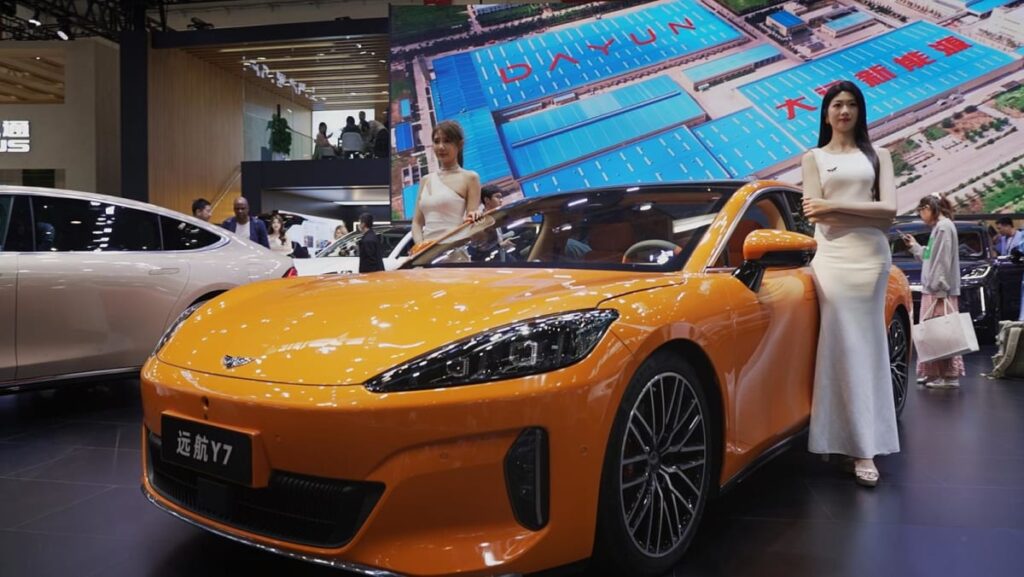SINGAPORE: In recent weeks, leaders of the United States, France, Germany and other G7 countries have sounded the alarm about overcapacity in China's economy in three areas: electric vehicles, solar panels and batteries.
In response, Chinese President Xi Jinping has said there is no excess capacity. What is the problem for China and the West?
The European auto industry is facing pressure from Chinese EVs, and while many European consumers are buying electric vehicles, Chinese brands are gaining popularity for their features and lower retail prices.
At the same time, several car factories in Europe have closed and thousands of job cuts have been announced. These include:
• Last February, car maker Ford Motor announced it would cut 3,800 jobs in Europe.
• Last June, Swedish car parts maker Autoliv announced it would cut 8,000 jobs, mostly in Europe.
• Germany's Volkswagen said in October it would cut 2,000 jobs at its software unit, Cariad.
• In November, French tire maker Michelin said it would cease operations at three German sites by the end of next year, affecting more than 1,500 jobs.
• In January this year, automotive parts supplier Bosch announced it would cut 1,200 jobs in its software development division by the end of 2026.
• In March, carmaker Stellantis confirmed it had agreed to voluntary redundancies for at least 2,500 people in Italy, after announcing plans last June to close a 40-year-old factory in Austria, affecting 300 jobs.
Watch: Is China's High-Tech “Overcapacity” Killing Western Jobs? (46:48)



